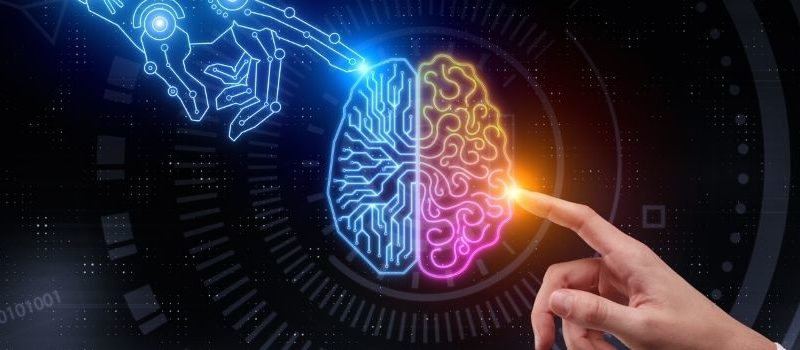Can our own creations create?
The Federal Court recently considered whether only a human can invent, and confirmed an AI machine can be the legal inventor of a patent. Justice Beach is already widely quoted as saying, ‘We are both created and create. Why cannot our own creations also create?’.[1]
Dr Stephen Thaler applied for a patent in 2019 for a ‘food container and devices and methods for attracting enhanced attention’. He named his artificial intelligence system DABUS (device for the autonomous bootstrapping of unified sentience) as the inventor of the patent. The Deputy Commissioner of Patents rejected the application claiming an AI machine could not be an inventor under the Patents Act 1990. The Act only deals with ‘persons’ as patentees. Dr Thaler sought judicial review of the decision, claiming the Act does not preclude an AI system from being an inventor.
Beach J grappled with the underlying and evolving idea of an inventor in favour of dictionary definitions and ‘old millennium usages’ of the term.[2] He confirmed ‘in my view an artificial intelligence system can be an inventor for the purposes of the Act’,[3] reasoning:
- the term ‘inventor’ is an ‘agent noun’ and agents can be persons or things that invent;
- that established, there are other patentable inventions not invented by humans; and
- the Act does not hold any contrary provision.[4]
He further reasoned the nature of invention as a manner of manufacture has been accepted to be evolving, and so to should the concept of an inventor.[5]
For those who are scientifically minded, the judgment is readily available on the Federal Court website. Justice Beach examines the nature and function of artificial neural networks prior to considering the DABUS specifically, and later the role of AI in pharmaceutical research and even the development of vaccines. He ultimately concluded the AI system is capable of generating ‘novel patterns’, ‘adapting to new scenarios without additional human input’ and ‘mimic aspects of human brain function’.[6]
Although deciding an AI system can invent, Beach J confirmed it cannot be attributed patent ownership or control rights.[7]
Speculation the decision might be appealed was confirmed yesterday when IP Australia announced the Commissioner of Patents has filed an appeal. IP Australia confirms however that the appeal does not reflect any policy position,[8] and the use of ‘trusted, secure and responsible’ AI technology benefiting Australians is supported by the Government.[9]
[1] Thaler v Commissioner of Patents [2021] FCA 879 [15].
[2] Ibid [15].
[3] Ibid [10].
[4] Ibid.
[5] Ibid [16].
[6] Ibid [41-2].
[7] Ibid [12].
[8] IP Australia, ‘Commissioner to Appeal Court Decision Allowing Artificial Intelligence to be an Inventor’, IP Australia (Web Page, 30 August 2021) <https://www.ipaustralia.gov.au/about-us/news-and-community/news/commissioner-appeal-court-decision-allowing-artificial-intelligence>.
[9] Australian Government, ‘Australia’s Artificial Intelligence Action Plan’, Department of Industry, Science, Energy and Resources (Web Page) <https://www.industry.gov.au/data-and-publications/australias-artificial-intelligence-action-plan>.
This article was written by Nicola Hayden, Trade Marks Attorney. For further information please contact Ben Gouldson, Director.


 Residential Property: Which contract is best?
Residential Property: Which contract is best?